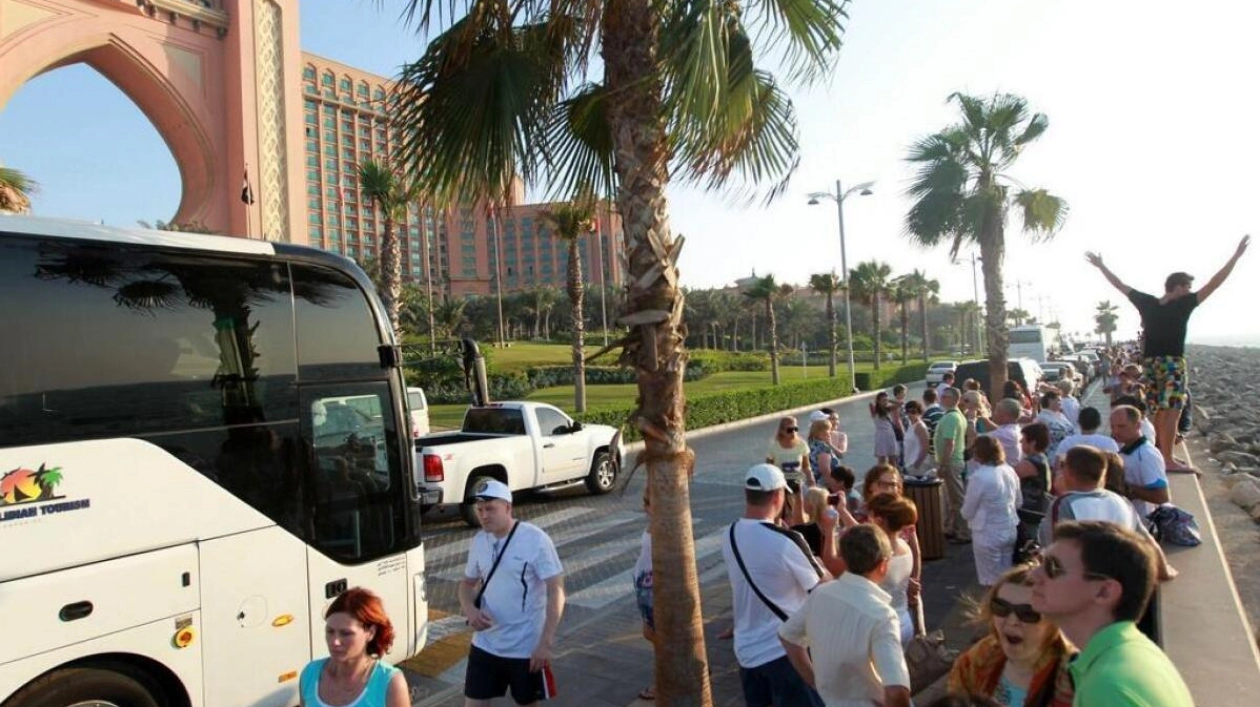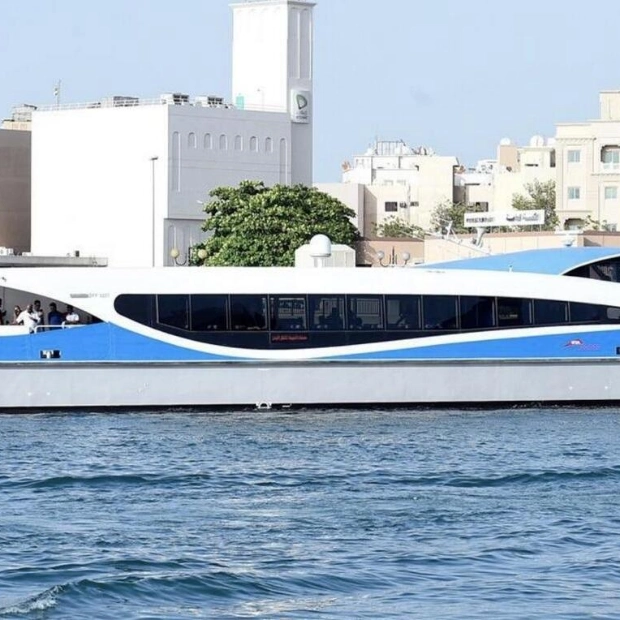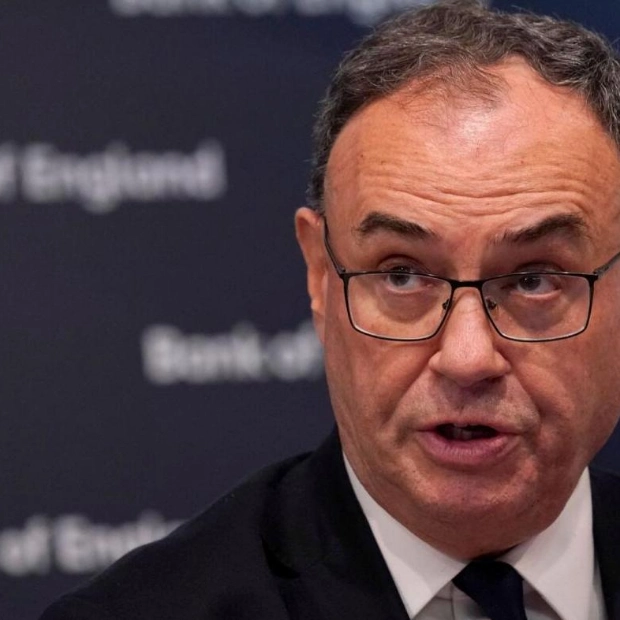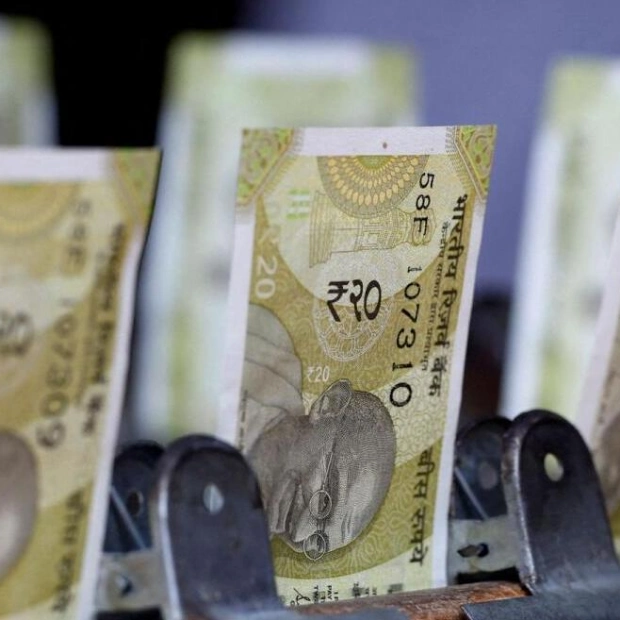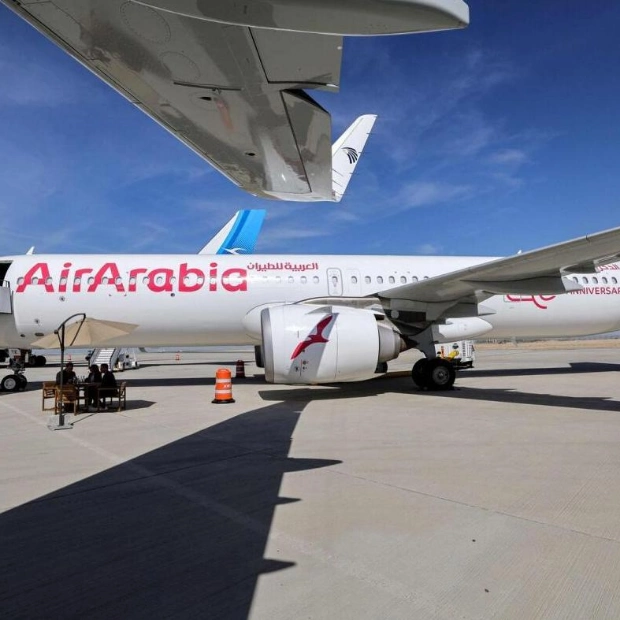Dubai saw the delivery of over 2,700 new hotel rooms in the first half of 2024, with an additional 10,100 rooms expected to enter the market by the end of 2025, according to a recent study by Cavendish Maxwell, a prominent real estate advisory firm and property consultant.
Between January 1 and June 30, 2024, Dubai added 12 new hotels to its inventory, bringing the total number of hospitality establishments to 716, with approximately 149,750 rooms. An additional 40 hotels are scheduled for completion by the end of next year, with 4,748 more rooms anticipated in 2026 and 2027, as per Cavendish Maxwell’s H1 2024 hospitality market performance report.
The four-star hotel category experienced the most significant growth compared to 2023, with 436 new rooms delivered in H1 2024, marking a 216 percent increase from the same period last year. There was also a notable surge in the number of new 5-star hotel rooms, with 1,681 rooms coming online during H1 2024, a 111 percent rise from H1 2023.
The report, compiled from data by Cavendish Maxwell, AM:PM Hotels, STR, Dubai Tourism, and the Department of Economy, indicates that high-end accommodations continue to dominate Dubai’s hospitality sector, with 67 percent of inventory falling into the luxury, upper upscale, or upscale categories as of June 2024. Upper midscale and midscale hotels accounted for 27 percent of inventory between January and June 2024, with 5 percent in the economy category.
More than 75 percent of the new supply delivered between January and June fell into the luxury and upper upscale categories, totaling 2,054 rooms. Notable luxury openings this year include The Lana Dubai Dorchester Collection, SIRO One Za’abeel, One & Only Za’abeel, FIVE Lux JBR, and the Address Palace Dubai Creek Harbour. Additional luxury hotels, such as the Ciel Dubai Marina, Viceroy Dubai Business Bay, Port De La Mer hotel, and the Marbella and Berlin hotels at the Heart of Europe, are set to open later this year.
Occupancy levels in Dubai have surpassed pre-Covid levels, reaching 78 percent in H1 2024, higher than the 2019 levels. The luxury and upper mid-scale segments saw the highest occupancy gains, increasing by 2 percent and 1.6 percent respectively compared to the same period last year. In other parts of the UAE, Abu Dhabi City hotels achieved 83 percent occupancy, up from 76 percent in 2023, surpassing pre-pandemic levels. Abu Dhabi resorts reached 72 percent, Fujairah hotels hit 76 percent, and Ras Al Khaimah hotels reached 72 percent.
Dubai’s average daily rates (ADR) in H1 2024 stood at around Dh720, the highest in six years and a 4.6 percent increase from H1 2023. Upper and upper mid-scale hotels saw the largest ADR increases, at 10 percent and 7 percent respectively. ADR in Abu Dhabi increased by 11 percent across the board, reaching Dh341 for city hotels and Dh764 for resorts. Ras Al Khaimah saw an ADR of Dh591, an increase of nearly 11 percent, while Fujairah’s ADR rose by almost 3 percent to Dh368.
Western Europe was the largest source market for Dubai’s 9.31 million visitors in H1 2024, accounting for 20 percent of the total. South Asia followed with 17 percent, Eastern Europe with 15 percent, GCC tourists with 14 percent, and Mena with 12 percent, according to data from the Department of Economy and Cavendish Maxwell.
Gergely Balint, Associate Partner and Hospitality Real Estate Expert at Cavendish Maxwell, stated, “Dubai’s record-breaking hospitality sector continues to thrive due to the emirate’s strong economy, infrastructure investment, and focus on experience-based tourism. As a global hub for business, events, tourism, and leisure, Dubai welcomed 9.31 million visitors in H1 2024, with Dubai International Airport handling a record 44.9 million passengers in the same period.”
“Hospitality remains a cornerstone of Dubai’s economic diversification, and with around 15,000 new rooms expected by the end of 2027, the sector shows no signs of slowing down. However, with rising construction costs and increasing competition, the industry must prioritize innovation, sustainability, and unique experiences to maintain momentum. Adapting to evolving trends, sustaining its capacity for diversity and innovation, and leveraging emerging opportunities will further enhance Dubai’s position as a world-leading hospitality destination and help achieve the Dubai Economic Agenda D33 goal of becoming one of the top three global tourism destinations.”
